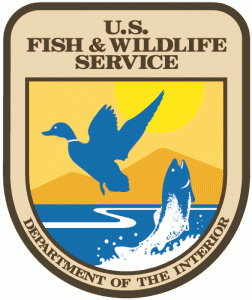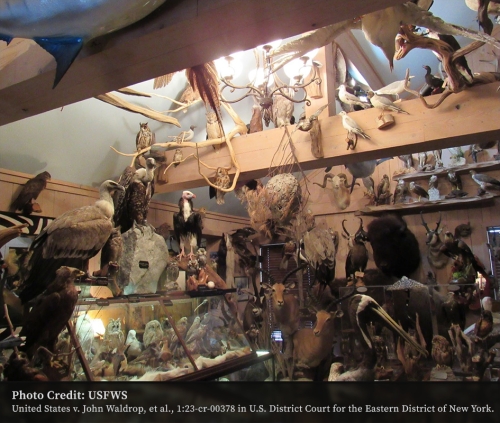 A federal judge in Brooklyn on Wednesday sentenced two men for trafficking protected birds and eggs into the United States in violation of the Endangered Species Act (ESA), officials stated.
A federal judge in Brooklyn on Wednesday sentenced two men for trafficking protected birds and eggs into the United States in violation of the Endangered Species Act (ESA), officials stated.
Dr. John Waldrop of Cataula, Georgia, was ordered to pay a $900,000 fine—one of the largest ever for an ESA case—and serve three years of probation.
Toney Jones of Eufala, Alabama, was sentenced to six months of probation. Waldrop pleaded guilty in August 2024 to conspiracy to smuggle wildlife and ESA violations, while Jones pleaded guilty to an ESA charge.
According to court documents and statements made in court, Waldrop amassed an extensive collection of 1,401 taxidermy bird mounts and 2,594 eggs, which included:
- Four eagles protected by the Bald and Golden Eagle Protection Act,
- 179 bird and 193 egg species listed in the Migratory Bird Treaty Act, and
- 212 bird and 32 egg species covered by the Convention on International Trade in Endangered Species of Wild Fauna and Flora (CITES). This included incredibly rare specimens like three eggs of the Nordmann’s Greenshank, an Asian shorebird with only 900 to 1,600 remaining birds in the wild; no North American museum has any Nordmann Greenshank eggs in their collection.

Between 2016 and 2020, Waldrop illegally imported birds and eggs without the required declarations or permits.
After U.S. Fish and Wildlife Service (USFWS) inspectors had intercepted several shipments at JFK Airport and elsewhere, Waldrop enlisted Jones, a farm worker in Georgia, to receive the packages, according to officials.
Jones also deposited about $525,000 into a bank account that Waldrop used to fund the imports and conceal his involvement. They purchased birds and eggs online through sites like eBay and Etsy from countries including Germany, Hungary, Iceland, Italy, Lithuania, Malta, Russia, South Africa, the United Kingdom, and Uruguay.
Waldrop forfeited his collection, which the USFWS National Fish and Wildlife Forensics Lab determined was the largest seizure of bird mounts in its 37-year history.
Officials stated that under the Endangered Species Act (ESA), all wildlife imports must be declared to USFWS and require proper permits, including for species protected by CITES.

